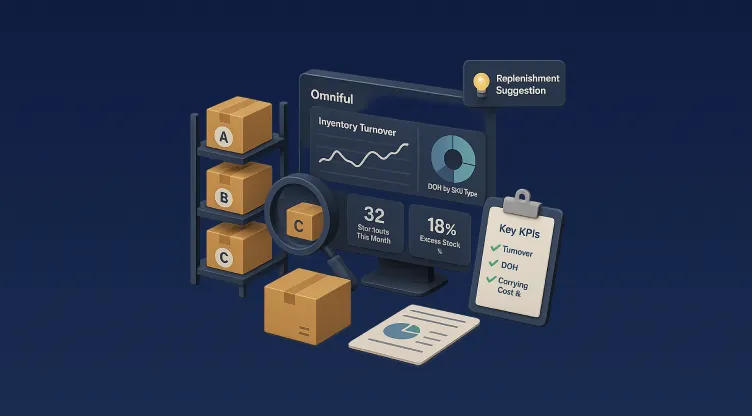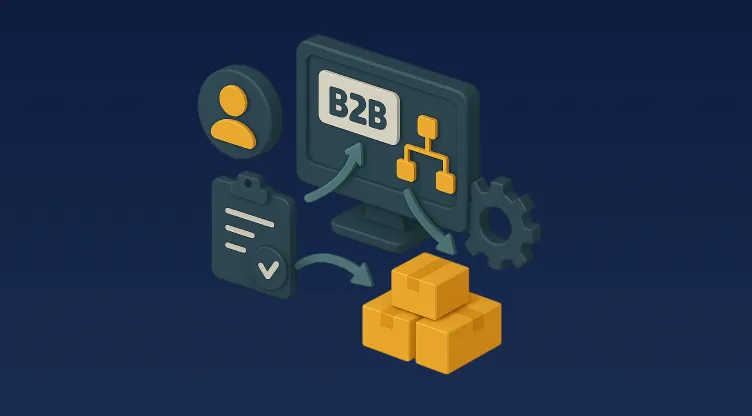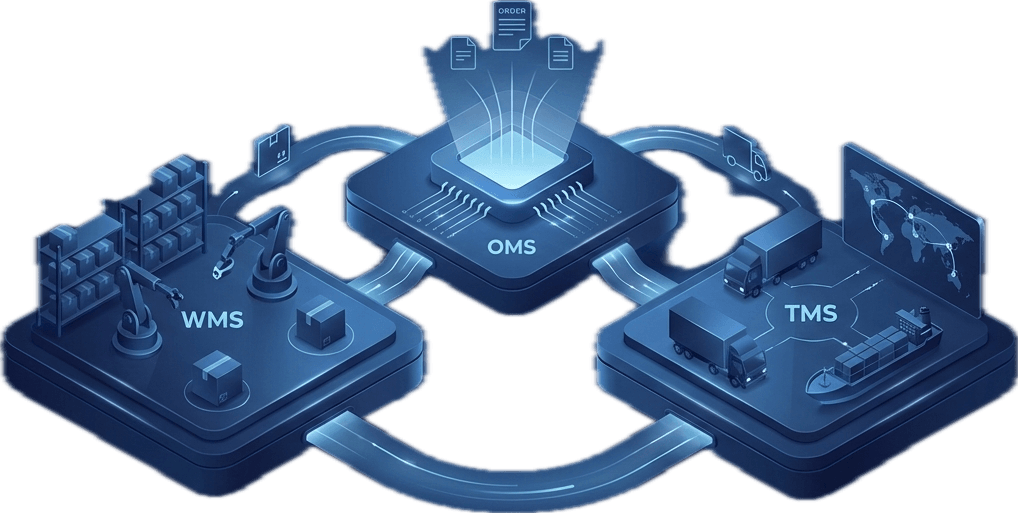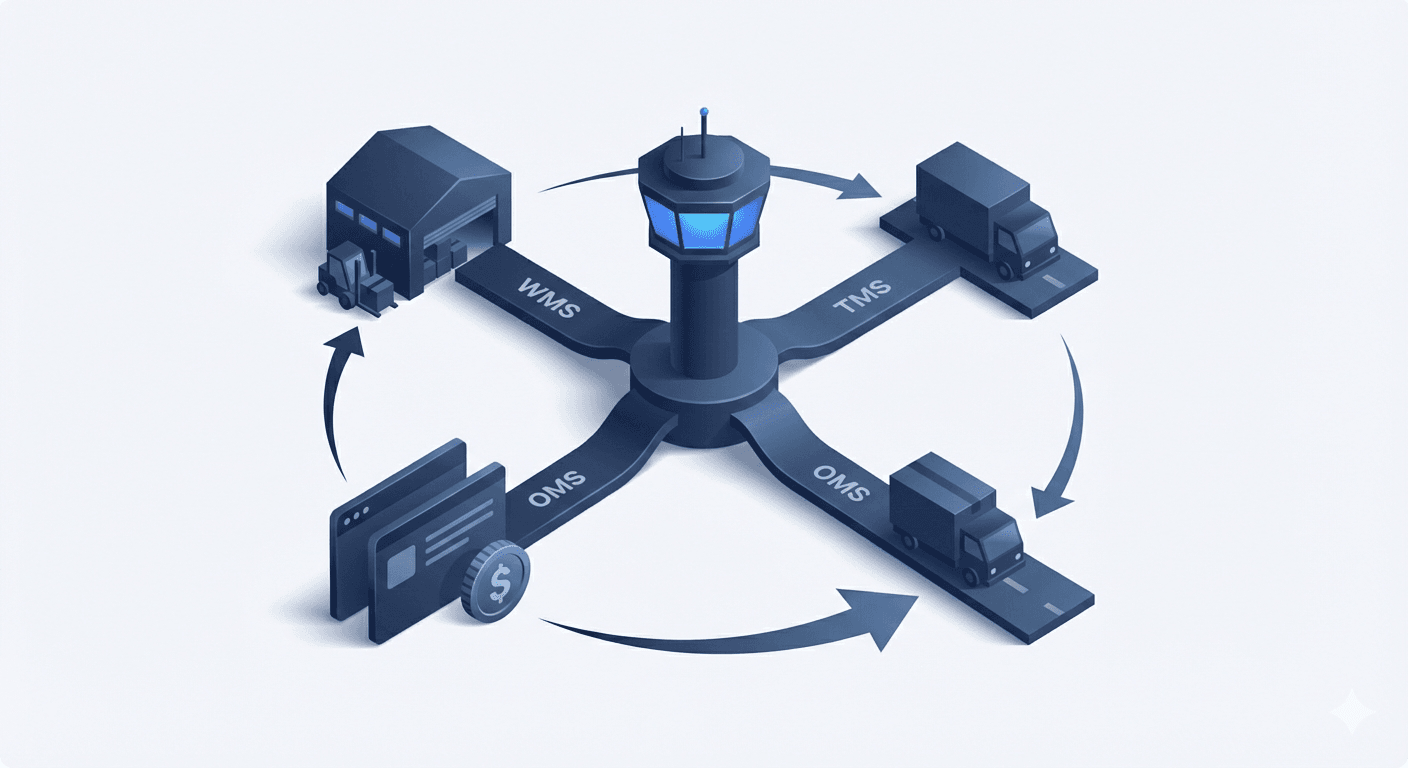Navigating Refunds and Incomplete Orders: Automating Accuracy, Speed, and Trust

Table of Contents
Key Takeaways from the Fulfilment Frontline
- Automate partial refunds to reduce manual errors and speed up processing
- Incomplete orders can be saved with real-time updates and order logic
- Combat refund abuse with rules and integration across your systems
- Accurate inventory syncing prevents return mismatches and improves trust
- Real-time customer notifications reduce friction and boost repeat sales
Why Refund Automation is No Longer Optional
In today’s e-commerce landscape, especially across the MENA region, speed and transparency are everything. Customers in Saudi Arabia, the UAE, and Egypt now expect precise updates and effortless returns. If your systems can’t deliver fast, they will find a competitor who can.
Manual refund processes create bottlenecks. Delays, mistakes, or unclear communication often lead to chargebacks or negative reviews. In the worst cases, these issues fuel refund abuse—a growing challenge in online commerce where bad actors exploit system weaknesses.
This blog will explore how automating returns management, refund tracking, and customer communication helps MENA-based retailers reduce risks, retain loyalty, and scale operations seamlessly.
How Refunds Work in the Real World
Refunds aren’t just about giving money back. They are linked to inventory, customer satisfaction, accounting, and logistics. When a customer returns part of their order or an item is out of stock, a series of backend updates must happen:
- Inventory must reflect the new stock levels
- Customer should get confirmation and refund timeline
- Finance system must record the credit note or memo
- Order status needs to update across all platforms
If these steps don’t happen in sync, you risk refund abuse, data mismatch, or poor customer satisfaction.
With Omniful’s Returns Management System, this entire process can be automated with minimal human effort.
Common Scenarios That Demand Partial Refunds
Let’s explore situations where partial refunds are essential:
1. Out-of-Stock Items
Sometimes, orders are packed and shipped before the stock system updates. If one item is missing, you’ll need to refund only that item without affecting the rest of the order.
2. Damaged Products
Returns involving damaged goods can qualify for partial or full refunds based on inspection.
3. Service Shortfalls
When services such as express shipping fail, customers may request a partial refund on the shipping fee.
In all these cases, refund delays or inaccurate updates hurt customer trust. That’s why automation through systems like Omniful OMS is key.
Handling Incomplete Orders with Confidence
Not every incomplete order is a lost sale. If handled right, you can maintain the customer’s confidence.
Here’s how to manage them:
- Accept partial fulfilment and ship available items immediately
- Mark remaining items as backordered or cancelled
- Auto-initiate pro-rata refunds for items not shipped
- Keep customers informed every step of the way
The Order Management System by Omniful enables these workflows automatically. With rule-based logic, orders can be split, held, or routed without delays or confusion.
Preventing Refund Abuse: A Growing Retail Threat
Refund abuse is a persistent problem, particularly in high-volume verticals like electronics, fashion, or grocery. Some buyers return used or even different items and demand a full refund.
You can combat this by automating checks such as:
- Order History Scanning: Identify repeat refunders
- SKU Tagging: Link returns to original purchase conditions
- Inspection & Grading: Evaluate product condition before refunds
The Warehouse Management System helps record each return event with inspection data. This way, your staff can accept or reject refunds based on policy—backed by proof.
Linking Returns to Financial Systems in Real Time
Returns are not only a warehouse concern—they directly impact accounting. Refund mismanagement can lead to revenue misstatements, failed audits, or cash flow problems.
Here’s what integration offers:
- Auto-generation of credit memos
- Real-time update to accounts receivable and inventory
- Accurate dashboard data for revenue forecasting
- Direct sync with e-commerce channels to reflect return statuses
Using Omniful’s Plug and Play Integrations, businesses can easily connect sales channels, ERP systems, and banking APIs to ensure real-time updates.
The Role of Real-Time Notifications
Silence breeds uncertainty. Customers don’t just want their money back—they want to be kept in the loop.
Automated notifications can:
- Confirm the return request
- Acknowledge receipt of returned items
- Inform about inspection and approval
- Share refund initiation timelines
These messages should reach customers via SMS, WhatsApp, or email, depending on their location and preference. The Shipping Gateway supports these integrations and ensures timely delivery of updates.
Inventory Integrity: The Overlooked Hero of Returns
Returns affect inventory in three ways:
- Items come back in different conditions
- Some items are restocked, others discarded
- Stock levels must reflect the actual situation
With Inventory Management by Omniful, items returned are automatically processed back into inventory with proper tags. This includes bin assignment, expiry tracking, or batch logging.
This ensures that no ghost inventory remains and future orders are accurate.
Use Case: A Fragrance Retailer in Saudi Arabia
A leading fragrance brand with multiple warehouses in Riyadh switched to Omniful after refund complaints began affecting reviews.
Before Omniful:
- Refunds took 5–7 days to process
- Incomplete orders often triggered full cancellations
- Inventory and financial systems were misaligned
After Omniful:
- 80% of partial refunds processed within 24 hours
- Real-time order updates reduced support tickets by 60%
- Revenue leakage from refund abuse dropped by 40%
Comparing Manual and Automated Refund Workflows
| Task | Manual Process | Automated via Omniful |
|---|---|---|
| Partial Refund Calculation | Manually reviewed | Triggered by return input |
| Inventory Adjustment | Delayed | Synced instantly |
| Financial Memo | Created by finance | Auto-generated on approval |
| Customer Notification | Sent manually | Sent through API or workflow trigger |
| Return Abuse Detection | Based on suspicion | History-based flagging and tagging |
Integrations That Support Refund Efficiency
Retailers in MENA typically use several platforms. Omniful makes it easy to connect them all:
- Shopify, WooCommerce, Salla, Zid, and more
- ERP software for accounting reconciliation
- Point of Sale for in-store returns
- Omniship to manage return logistics
With native APIs, each update on one system reflects instantly across others, closing the loop.
Final Thoughts: A Better Refund Experience Drives Loyalty
Today’s customers have high standards. A poor return experience can undo years of loyalty. But smart automation helps you meet those standards with speed, accuracy, and clarity.
Retailers in MENA must act now to future-proof their operations. Automating refunds, managing incomplete orders, and integrating across channels is not optional—it's a competitive edge.
Ready to Level Up Your Refund Process?
👉 See Omniful in Action
👉 Request a Free Demo
Frequently Asked Questions
Can I automate partial refunds without affecting full orders?
Yes. Omniful allows you to split and process refunds only for the affected items.
How does Omniful reduce refund abuse?
It uses history tracking, inspection logs, and automation rules to identify misuse.
Will my team need training to use the system?
Omniful’s UI is intuitive. Plus, our team provides onboarding and support.
Is this compatible with offline stores?
Yes. Omniful integrates with your Point of Sale systems.
How long does it take to set up?
Most clients go live within 2–3 weeks with plug-and-play integrations.























